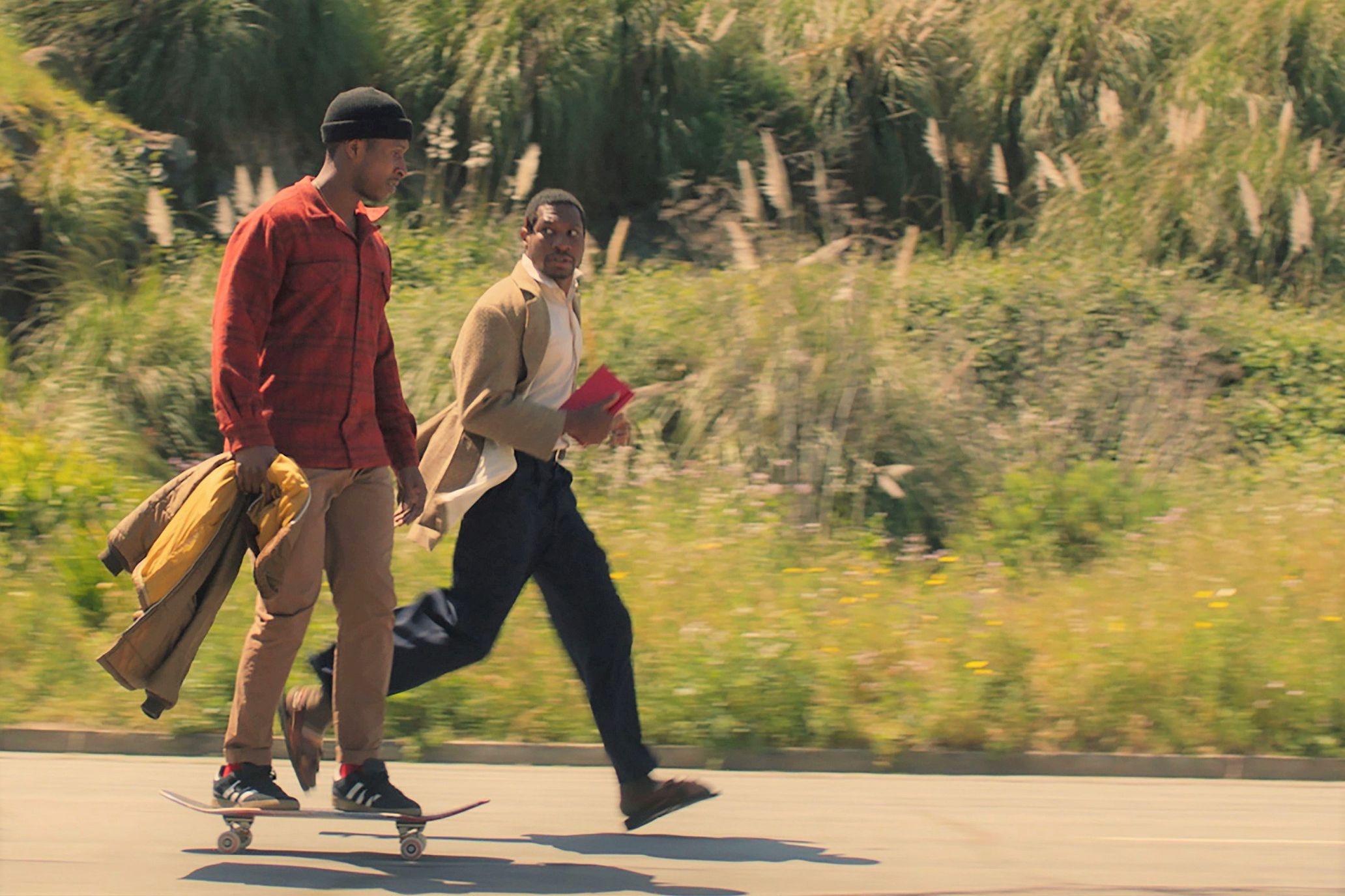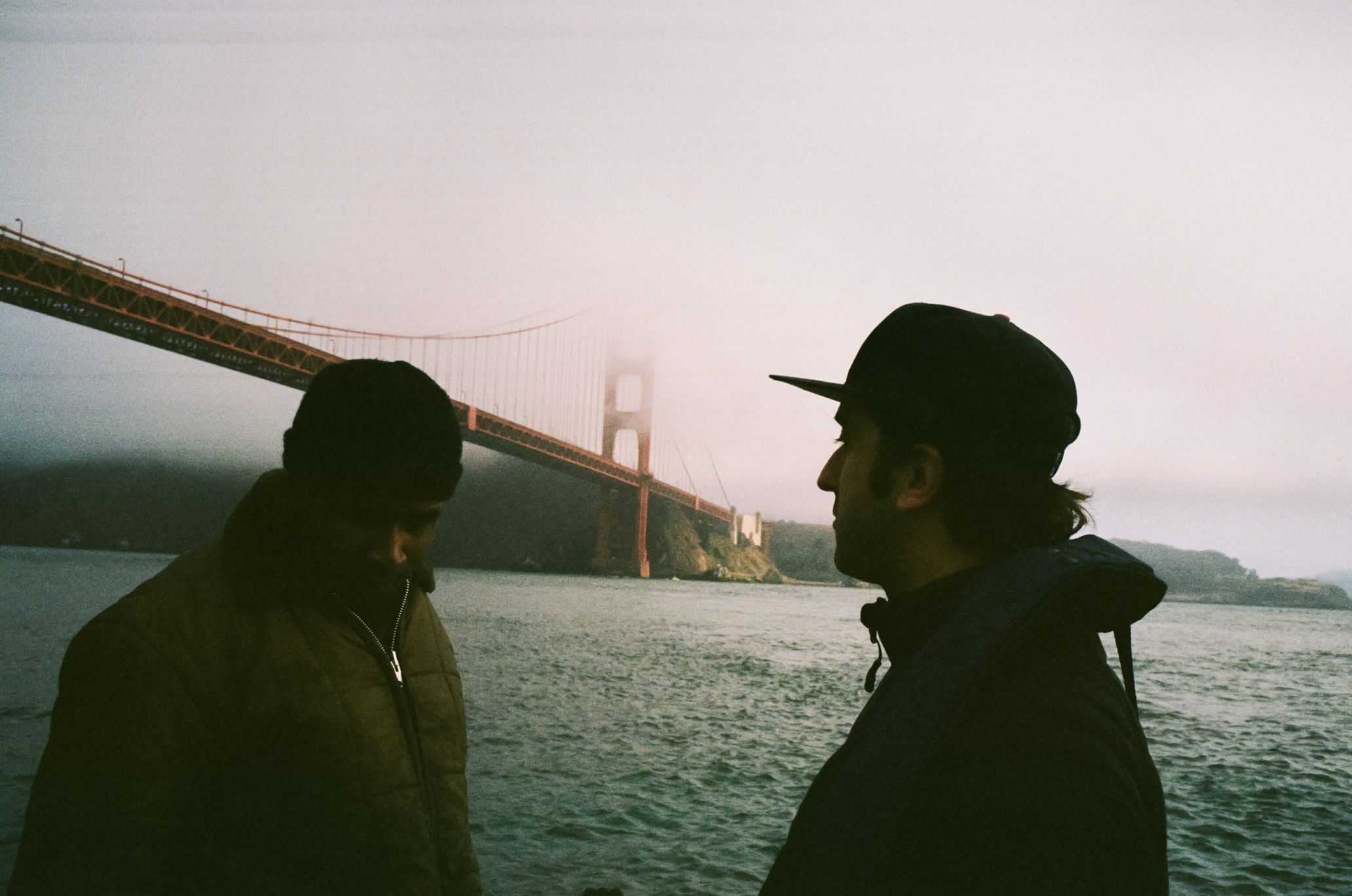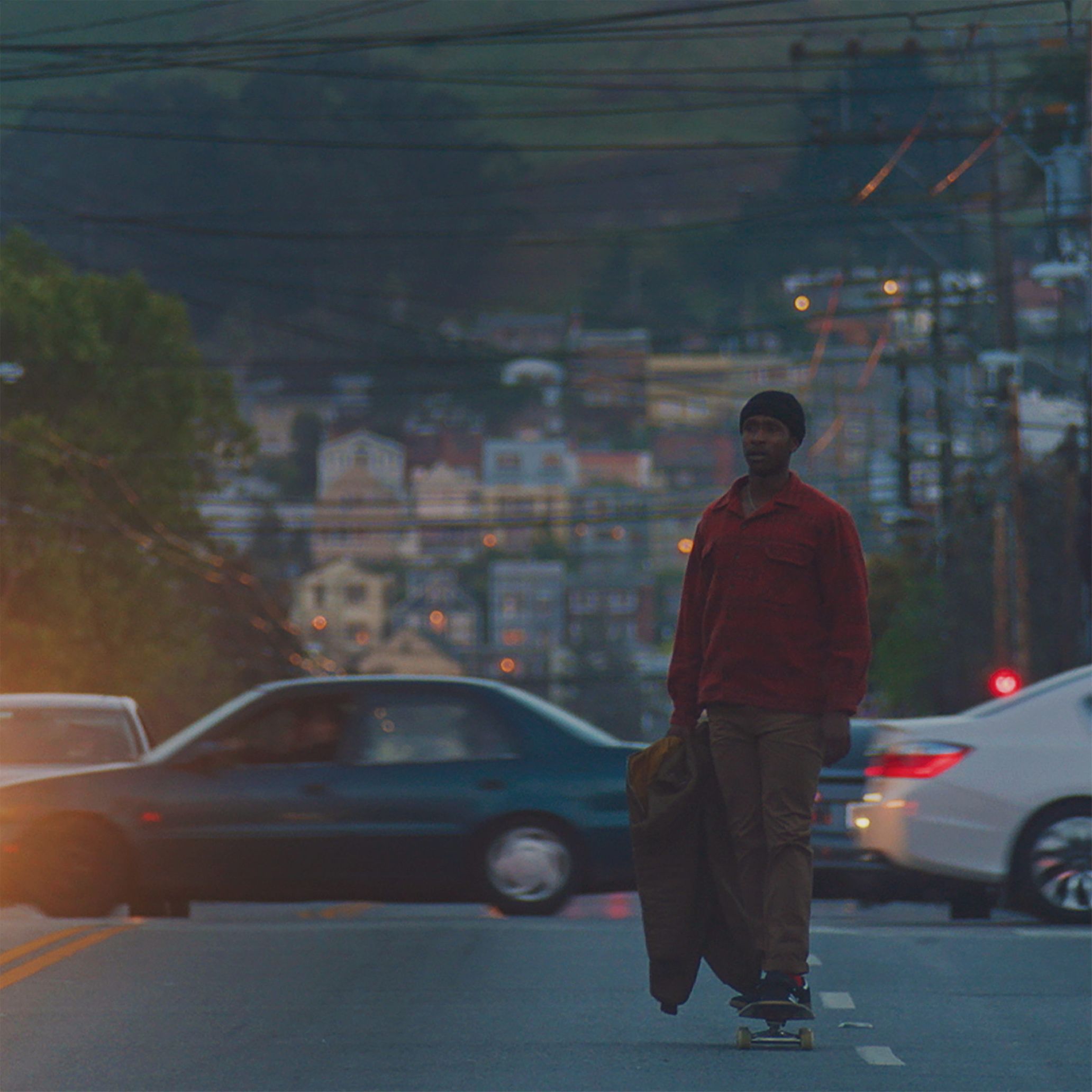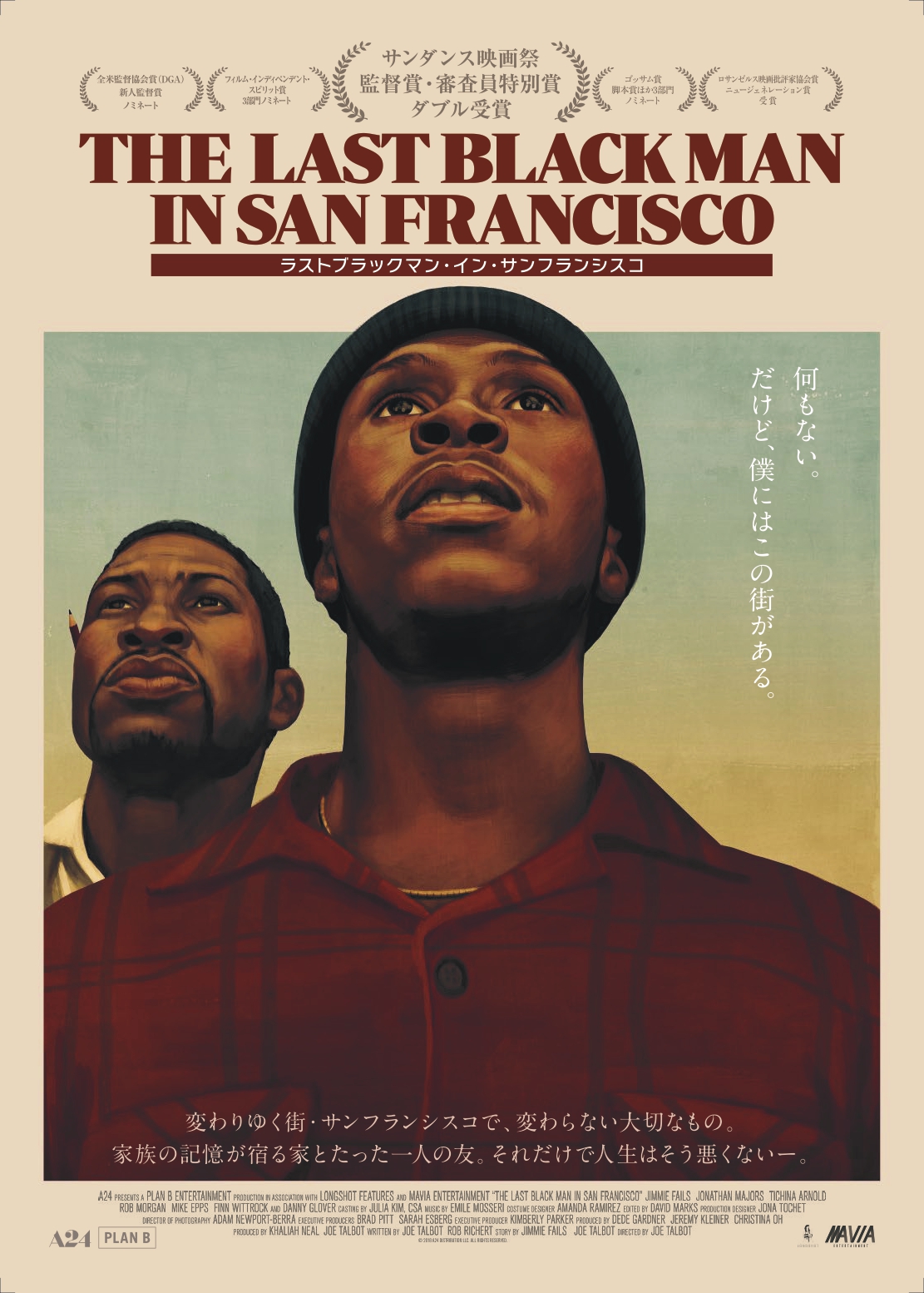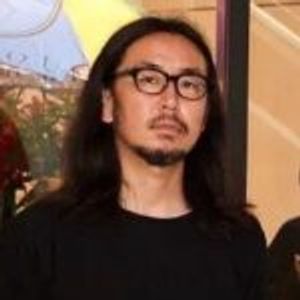A24, distribution company, has released a series of popular films, including the Academy Award-winning film, Moonlight, the latest film by Brad Pitt’s production company, Plan B. Their next production is “The Last Blackman in San Francisco” and will be released on October 9.
The story, set in San Francisco, will be director Joe Talbot’s first feature film. His childhood friend, Jimmie Fails, plays the main character in the film, which won Best Director and Jury Special Award at the Sundance Film Festival and is one of former U.S. President, Barack Obama’s, favorite movies.
The story follows two young people born and raised in San Francisco, who reminisce about their hometown and talk about their conflicts among the rapidly changing cityscape. At the end of the trailer they say, “Even without a lot of wealth, there is an important place and an irreplaceable friend in your heart. That alone shouldn’t be so bad in life.”
The idea that my hometown changes so much that it does not mesh with my memory and denies my identity could be a personal problem, but this is now happening in cities across the globe. Tokyo represents one of these changing cities. The novel coronavirus has greatly upset urban planning and concerns about an uncertain future have yet to be dispelled. How does the message in this film affect the ideal of a big city and considerations when thinking of the future? We talk with Joe Talbot and Jimmie Fails, who directed and starred in the film.
-How much does Last Blackman in San Francisco reflect both of your actual history?
Jimmie Fails:That’s a difficult question to answer. I leave it to the audience’s imagination and interpretation.
-What was the balance between personal scenes and an objectivity perspective?
Jimmie: I wasn’t particularly aware of any balance. Gentrification is happening everywhere, so many people should be able to empathize with it. Similarly, I think people who have experienced my story of losing a childhood home will sympathize with Jimmie. I also feel nostalgic about the city where I was born and raised.
-How did you want to show the city and your experiences there? What process led to the idea of diversity.
Jimmie: I wanted to show the audience everything we know about San Francisco. Many of the films set in San Francisco aren’t created by San Franciscans nor have San Franciscans starring in them. That’s why we wanted to portray San Francisco in a more realistic light. The city can feel big and small at the same time and we tried to reflect all those difference nuances in the film.
-How did you decide on the visuals and tones of the poetic, surreal imagery? Was it in the concept from the beginning?
Jimmie: We wanted to blend the lines between reality and dreams because we wanted that dreamy feeling. Nostalgia is kind of like a dream. Everyone dreams of the past. Nostalgia is the driving force of this story and that resulted in the surreal feeling.
-There is a scene where you’re sitting on a bench at the bus stop, which is contrast with a naked old man, then a drunk shouts, “This guy fucks!” from a cable car. The scene was surreal with an element of comedy. It was impressive.
Jimmie: We put that scene in for several reasons. There are so many different characters in San Francisco and that’s why Jimmie’s not surprised when a naked man sits next to him. He didn’t show any surprise because he’s used to seeing naked people.It’s popular these days for tech guys to rent a cable car and hold parties. That’s an ironic scene; because the cable car is a symbol of San Francisco, but it’s on wheels and what’s more, techy gentrifiers are throwing a party on it. We wanted to express that ironic situation.
-What role do you think this will play in the city when looking to the
future and back on history?
Jimmie: It’s important to look back on history in order to appreciate the past and protect your memories. However, we shouldn’t get too immersed in the past and should be hopeful for the future and fight for the the city however you can. Fighting for what you believe in and love is of utmost importance.
Joe Talbot: Jimmie’s right. When you’re in nostalgic thoughts, in some ways it feels like a dream because you’re imagining what was and some of it isn’t based entirely on reality. It’s like an imagined idea of what past used to be. It’s beautiful to be living in memories, but it’s also dangerous to confuse it for being entirely truthful. We live in a city where it tells lies about what the future will be. The tech world is full of lies about what our future will be. They sell lies of how prosperous, wonderful, egalitarian, and loving the future will be. And I’m sure there’s a truth to part of it but it’s also true that in some ways tech world is bring us closer to something scary too. And to live in a city that’s an epicenter of United States. And that is both racing towards the future and trying to hold on to its past, it’s a very strange experience because it’s stretching in both directions in an odd way.
-What do you need in life as a director?
Joe: Oh man. I don’t know if I can answer that question. I dropped out of high school, and I’m not a philosopher. But I guess, falling in love. Falling in love with people, falling in love with romantic partners, falling in love with a piece of art. That feeling got me through the most depressing times in my life and the most cynical moments in my life. I think it’s difficult to feel open enough and vulnerable enough to fall in love if you’re really down, but if you’re lucky enough to have it, whether its romantic or platonic or creative, it’s the best moment in the world. It’s glorifying (?) and horrifying at the same time. That’s all I’ve got.
-Have you ever been to Tokyo?
Jimmie: I’ve never been, but I’d love to go. I get the impression that it’s the coolest place ever. It’s full of art and life and culture. I have an image of a vibrant, rich culture.
Joe: When I think of Tokyo, I think of directors like Akira Kurosawa and Yasujiro Otzu. But there’s still so much I don’t know. I recently saw a movie called “Gate of Flesh” from the 1960s. It’s about these sex workers who create a gang and they attack men. It was great (laughs). I only know Japan from movies, so I want to go there someday and experience it for myself.
-What do you think we need from big cities in the future?
Joe: What inspiredme the most about the BLM movement is that young people are going out into the street. The older generation often say that young people are absorbed in their cell phones, don’t communicate, and don’t act, but this movement proved that isn’t true. Young people are organizing these movements, people are learning, people are unlearning, and they’re moving even more aggressively.I think such movements are felt more viscerally in big cities. Looking back on San Francisco’s history, there have been anti-war movements, the gay rights movement, and immigration rights movements. They represent a high level of interest in culture, politics, and standing up for our rights. That’s what big cities need, I guess.
-Do you have anything in the pipeline? Will you work together again?
Joe: We’re always dreaming up things and I feel like we have too many plans.
Jimmie: I can’t narrow it down to one idea. Joe never runs out of ideas.
Joe: Even during the lockdown, we were working on a features idea we would like to shoot in the near future. It will be a fun summer movie set in San Francisco.
Joe Talbot
He dropped out of high school to began making films with his childhood friend, Jimmy Fails. As an intern at the Sundance Institute, he directed and wrote the screenplay for American Paradise, a short film that received high praise at the Sundance Film Festival and the South by Southwest Film Festival. This film, starring Jimmy in the lead role, is his feature film debut.
Jimmie Fail
Born in San Francisco. He has known director Joe Talbot since childhood; their first short film together, “American Paradise”, premiered at the 2017 Sundance Film Festival, which led to the making of this film. The film was based on Jimmy’s real-life experiences.

